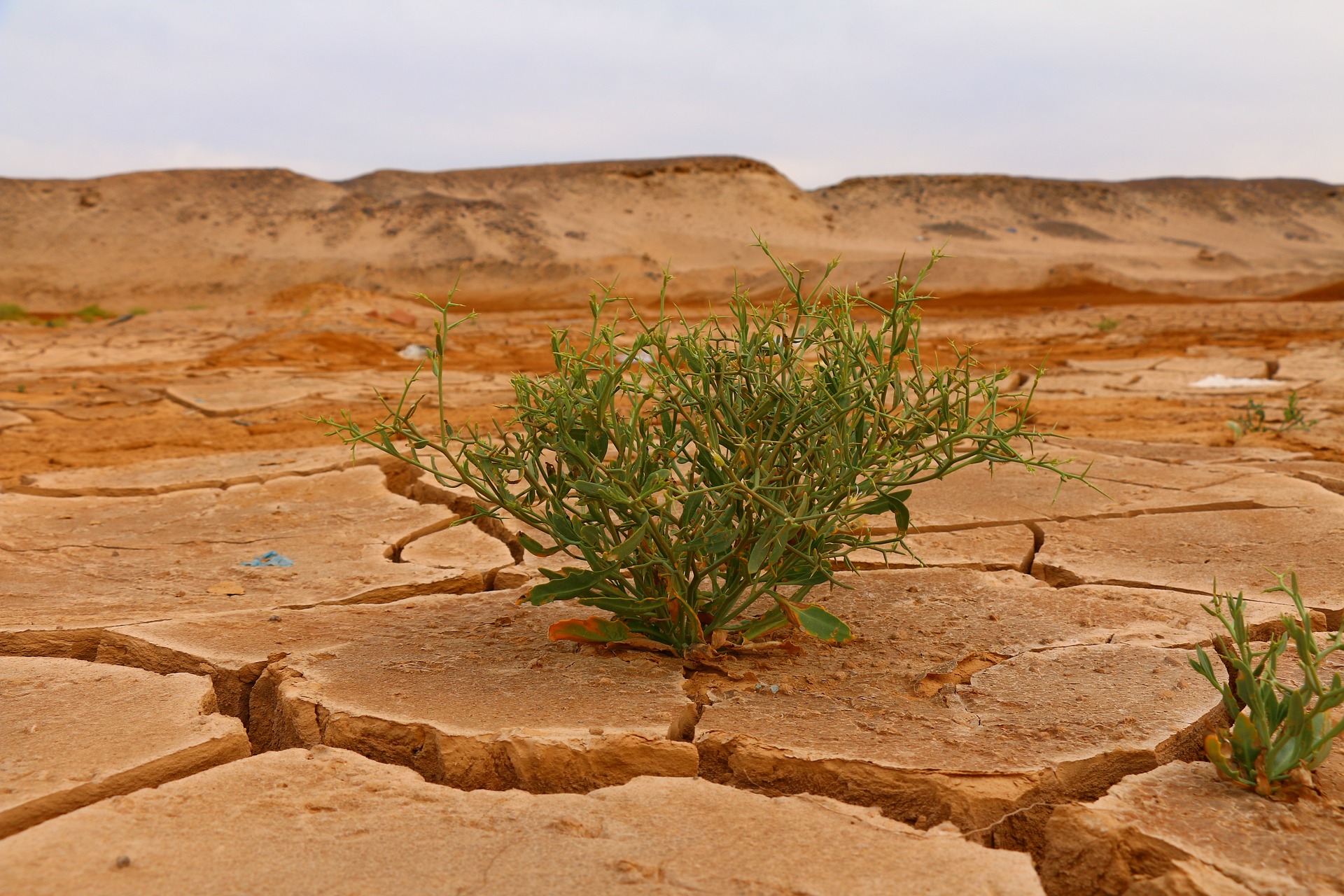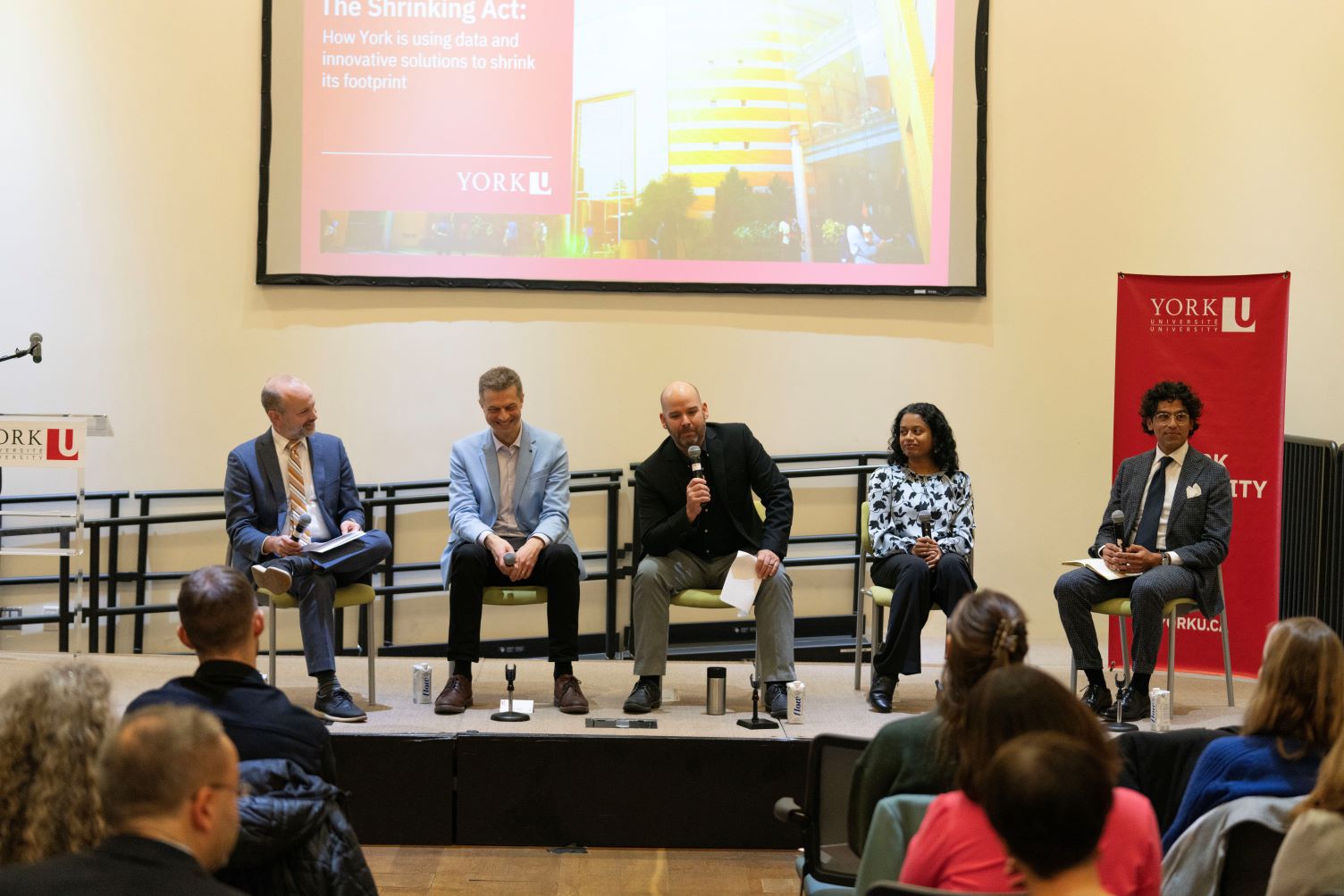
York U bolsters its position as a leader in creating a more sustainable world
New goals and actions announced today demonstrate continued momentum
TORONTO, Nov. 23, 2023 – In 10 years, some trees can grow anywhere from 10 to 25 feet tall, so when York University announces its goal to reach net zero emissions a decade sooner, it’s a target that can lead to a significant and positive impact on the environment – enough time for a forest to grow.
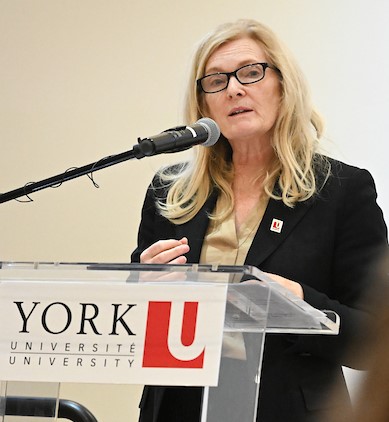
Today, York University announced its new objective to reach net zero emissions by 2040, 10 years sooner than its original commitment. It’s a goal the whole University community is pitching in to meet through individual actions, research and innovative solutions and is one of the most ambitious net zero targets in the Canadian post-secondary sector. With a demonstrated history of sustainable efforts, the University is ahead even of some municipalities, and it already has a huge head start.
“The United Nations has stated that climate change is the defining issue of our time, and the world is at a pivotal moment requiring urgent action,” says York University President and Vice-Chancellor Rhonda Lenton. “As an internationally recognized leader in sustainability, York University has a responsibility to act on global challenges facing humanity, including ecological degradation, climate change and growing socio-economic inequality. The bold actions we are taking on our campuses, and in our local and global communities will build on the strong foundation we have created and move us closer to our goal of becoming one of the most sustainable institutions in Canada.”
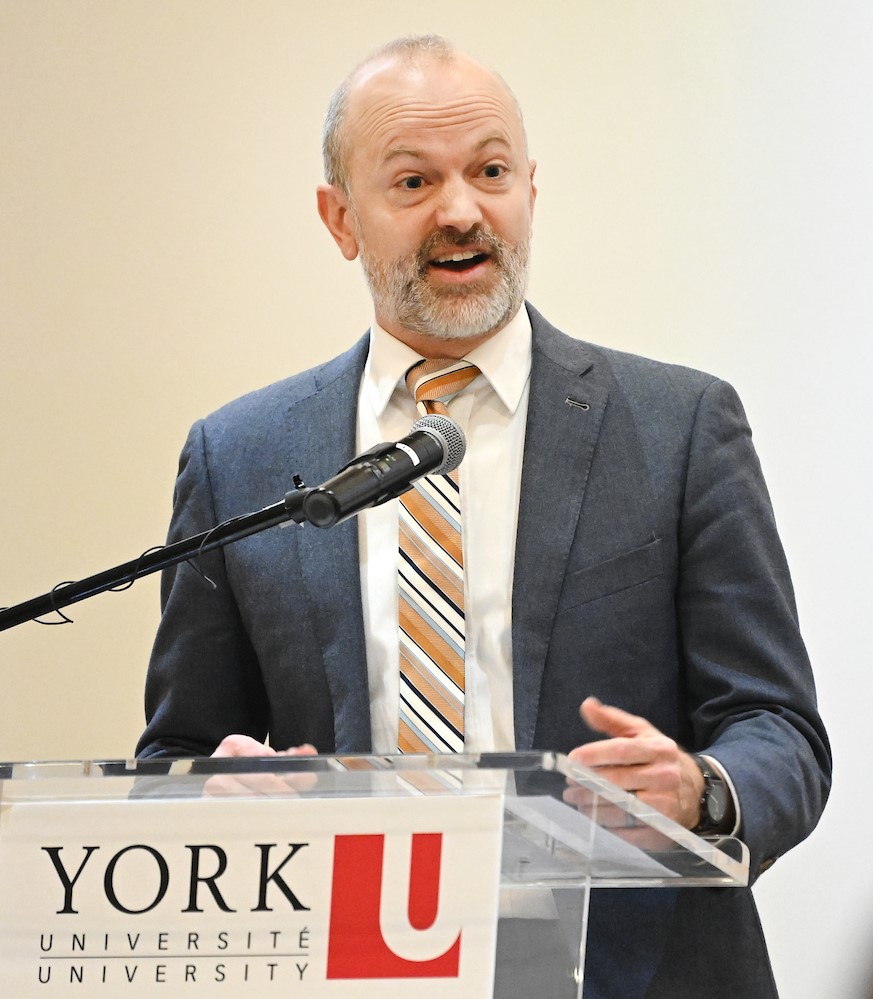
Sustainability is embedded in all facets of university life and every new initiative will help drive it forward. Even before today’s announcement, York was a leader in sustainability. The University is on track to meet its goal of reducing emissions by 45 per cent by 2030, three years early, and recently opened applications for its new $1 million Sustainability Innovation Fund to support community-led projects toward a more sustainable future.
“The urgency for action to advance sustainability and climate initiatives has never been greater. Today’s announcement sets York on a course to build on an already strong reputation for advancing sustainability initiatives on campus, in our community and around the world,” says York University Chief Sustainability Officer Mike Layton. “I look forward to working with faculty, staff and students to develop plans to help York achieve its gold and have impact in our world.”
It’s also transparent about its achievements. York is the first Canadian institution to compile and release data on its ecological footprint and emissions. The report by the Ecological Footprint Initiative provides the University more information than ever to identify new opportunities to reduce emissions and develop innovative solutions to support a more sustainable future.
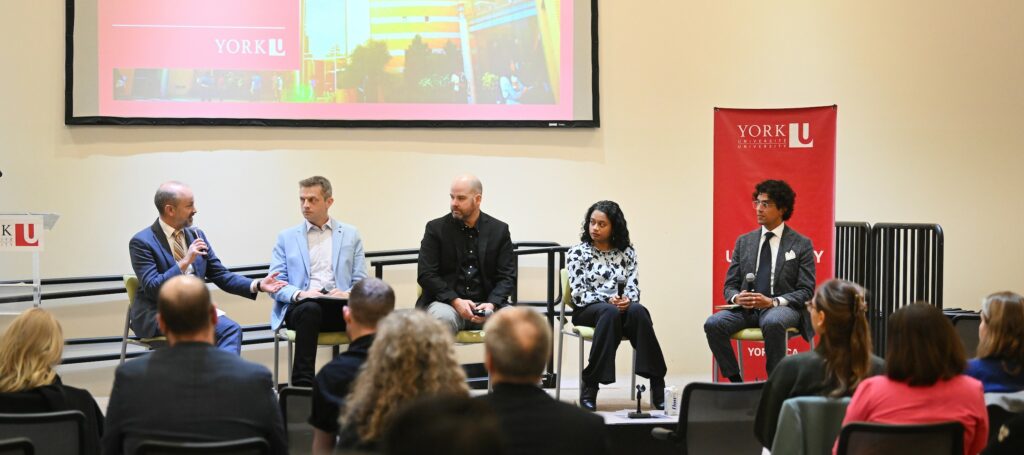
Today’s event included a panel – The shrinking act: How York is using data and innovative solutions to shrink its footprint – moderated by Layton with Eric Miller, director, York’s Ecological Footprint Initiative in the Faculty of Environmental and Urban Change; Lassonde School of Engineering Associate Professor Pirathayini Srikantha, Canada Research Chair in Reliable and Secure Power Grid Systems; Lassonde School of Engineering Associate Professor and Civil Engineering Department Chair Usman Khan; and Steve Prince, director, Utilities and Energy Management at York. There was also short play featuring two students from the theatre department of the School of the Arts, Media, Performance and Design and a brief video about sustainable travel – Advancing Carbon Neutrality at York: Reimagining Mobility – from former Provostial Fellow, Schulich School of Business Professor Burkard Eberlein.
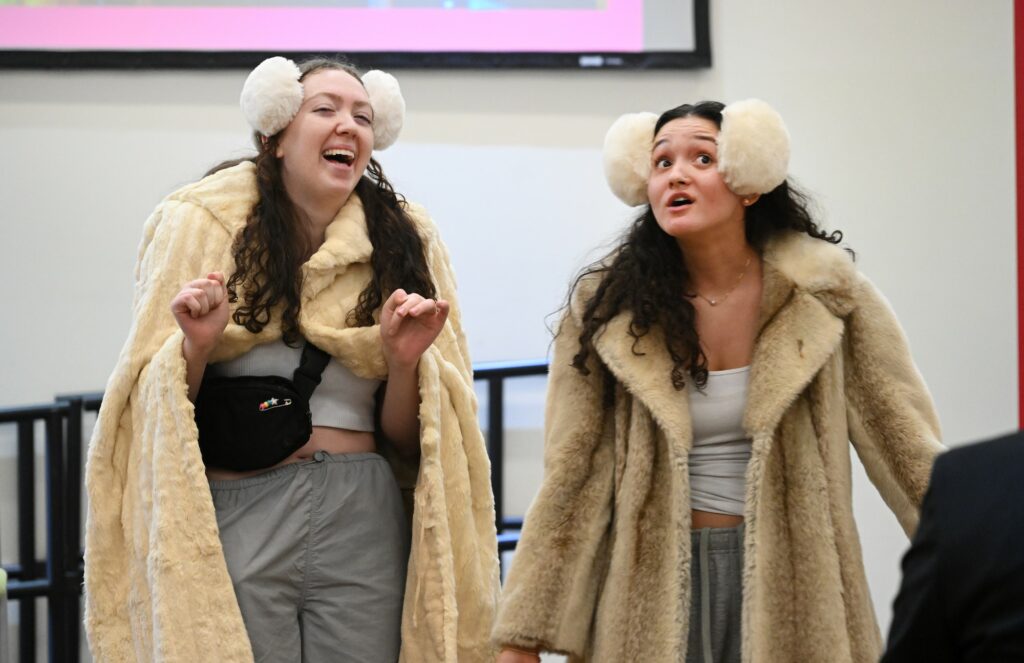
More than $2 million from the federal government through its Decarbonization and Incentive Program will help York upgrade its Energy Management Information System. This will allow the University to integrate campus operations system data into an analytics platform that uses artificial intelligence to improve energy efficiency for heating and cooling and create student experiential learning opportunities to support its Campus as a Living Lab.
Earlier this year the University launched its Microlecture Series in Sustainable Living, an innovative, open access program that gives participants (more than 800 so far) the opportunity to learn from six of York’s world-renowned academic experts on a diverse range of topics related to sustainability. The series tasks participants with making tangible sustainability-focused changes in their daily lives based on tips from each professor towards earning a first-of-its-kind Digital Badge in Sustainable Living.

In addition, York has more than 1.2 million square feet of green buildings, has diverted 77 per cent of all waste generated from landfills and has the highest recycling rate of any post-secondary institution in Ontario. Through waste diversion, the University has prevented more than 26,000 metric tons of carbon from reaching the atmosphere – equivalent to planting more than 1.2 million trees or eliminating 61,800 barrels of oil.
Through operational improvements, the University has avoided 35,500 tonnes of carbon dioxide per year since 2020 – equivalent to removing 7,900 gasoline powered cars from the road for a year.
This is just the beginning.


